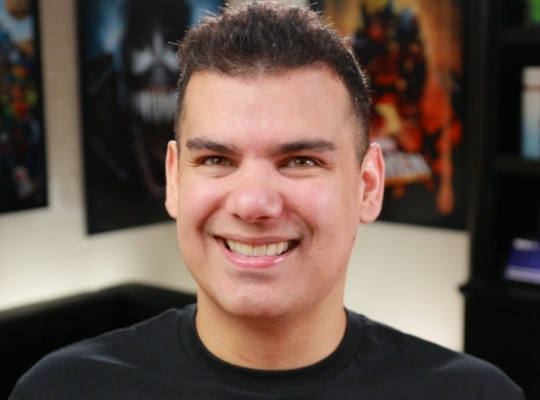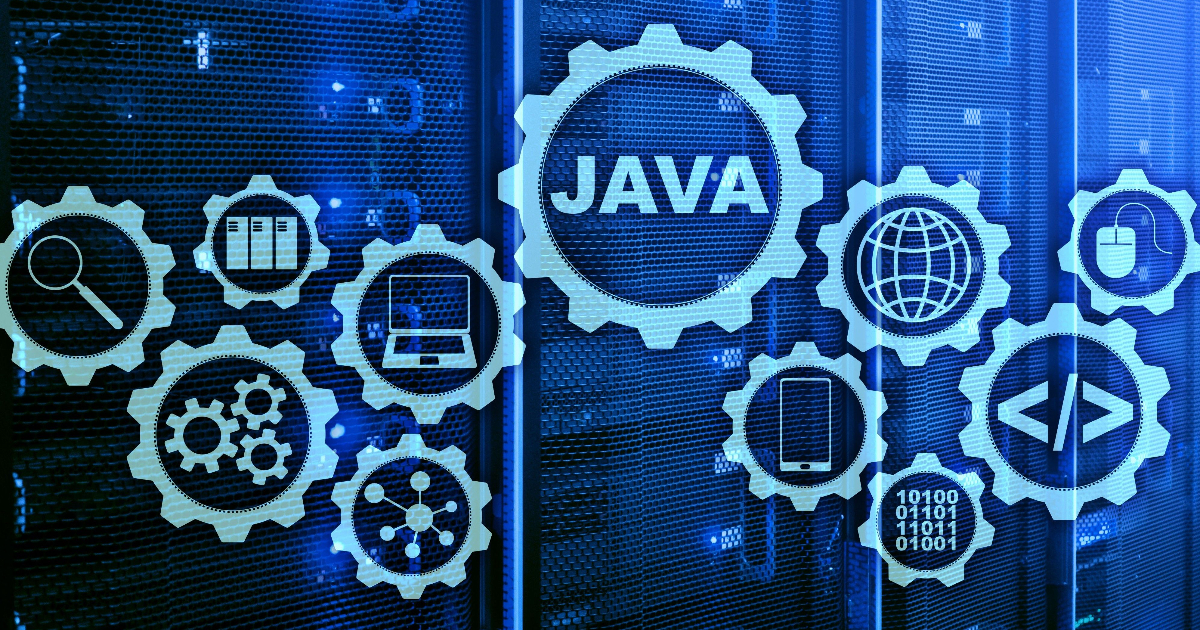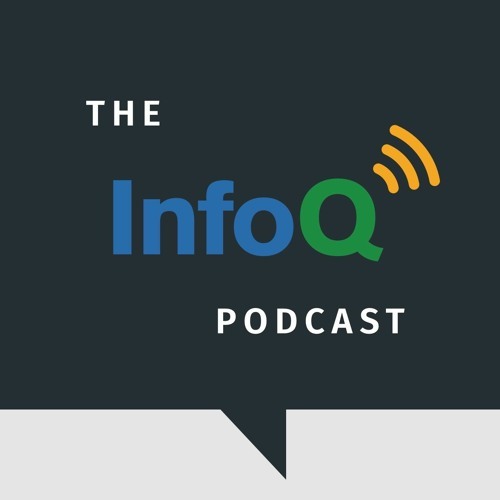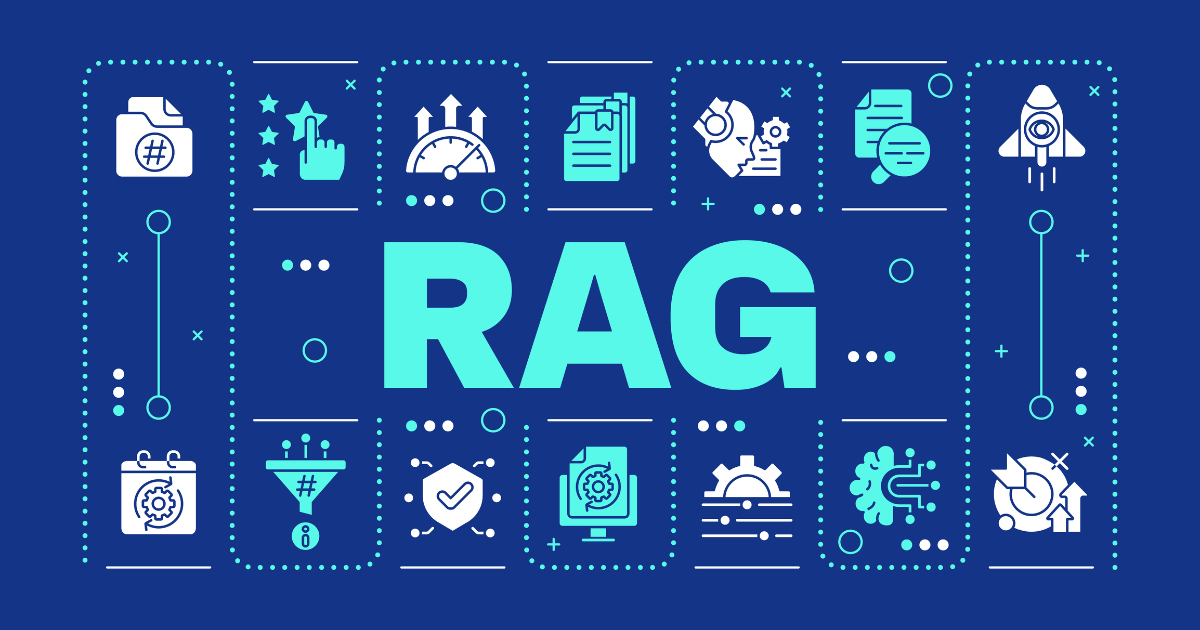Codetown
Codetown ::: a software developer's community
August 2017 OJUG Recap - Adam Davis on Groovy at Canvs
August 2017 OJUG Recap - Adam Davis on Groovy at Canvs
We had a great meeting with Adam Davis presenting on Groovy. Our co-working space Canvs, formerly at Church Street Station opened up a new office in Winter Park and we had our meeting there. Thanks to Camille Priest, Operations and Membership Coordinator, for the help in securing the space. Hopefully Canvs will be OJUG's new meeting location since DeVry is harder to secure these days.
Adam covered much of Groovy's basic functionality. If I had one wish, it would have been for Adam to include a little more explanation about configuring Groovy. I think we all walked away with enough Groovy knowledge under our belts to hit the ground running with Groovy after the talk.
Adam posted his presentation slides here: https://www.slideshare.net/AdamDavis30/learning-groovy-1-half-day-w...
Adam's written a book on Groovy available here: http://www.apress.com/us/book/9781484221167
Thanks, Adam!
Tags:
Replies to This Discussion
-
Permalink Reply by Adam Davis on September 5, 2017 at 12:05pm
-
Thanks Michael. I had a great time. This is a really great venue and it was great to meet everyone there. The book's new landing page is: http://www.apress.com/us/book/9781484221167 It's also available on a website that rhymes with Bamazon as well as other places probably. :-)
-
Notes
Welcome to Codetown!
 Codetown is a social network. It's got blogs, forums, groups, personal pages and more! You might think of Codetown as a funky camper van with lots of compartments for your stuff and a great multimedia system, too! Best of all, Codetown has room for all of your friends.
Codetown is a social network. It's got blogs, forums, groups, personal pages and more! You might think of Codetown as a funky camper van with lots of compartments for your stuff and a great multimedia system, too! Best of all, Codetown has room for all of your friends.
Created by Michael Levin Dec 18, 2008 at 6:56pm. Last updated by Michael Levin May 4, 2018.
Looking for Jobs or Staff?
Check out the Codetown Jobs group.
InfoQ Reading List
Groupe SNCF Modernizes Infrastructure with Talos OS and Kubernetes

Groupe SNCF, a major railway operator, has successfully migrated from traditional VM-based Kubernetes deployments to a cloud-native platform built on Talos OS and OpenStack, addressing significant operational challenges while navigating complex organizational change. After his talk at TalosCon 2025, InfoQ interviewed Thomas Comtet, Senior Staff Engineer, about this migration
By Claudio MasoloPresentation: Vector Sync Patterns: Keeping AI Features Fresh When Your Data Changes

Ricardo Ferreira shares 5 essential Vector Sync Patterns designed to solve the complex, multi-dimensional challenges of vector staleness and synchronization in AI-driven microservices. He explains how to leverage event-driven architecture (Kafka/Flink) and CDC to reliably manage data, application, and business-driven changes for architects and senior developers.
By Ricardo FerreiraSpring News Roundup: First Release Candidates of Boot, Security, GraphQL, Integration, Modulith

There was a flurry of activity in the Spring ecosystem during the week of October 20th, 2025, highlighting first release candidates of Spring Boot, Spring Security, Spring for GraphQL, Spring Integration, Spring Modulith, Spring REST Docs, Spring Batch and Spring for Apache Pulsar.
By Michael RedlichPodcast: Effective Error Handling: A Uniform Strategy for Heterogeneous Distributed Systems

Jenish Shah, a back-end engineer focused on distributed systems at Netflix, provides more insights on how to handle failures in a distributed systems setup. He shares details on how he built a library that handles exceptions uniformly, regardless of the underlying communication protocol.
By Jenish ShahArticle: Building a RAG Application with Spring Boot, Spring AI, MongoDB Atlas Vector Search, and OpenAI

The RAG paradigm redefines AI: it combines generative models and business data for accurate, contextualised responses. The article shows how to integrate Spring Boot, Spring AI, MongoDB Atlas and OpenAI into a powerful and flexible pipeline capable of transforming the way businesses access and create value from data, with applications ranging from finance and healthcare to customer service.
By Matteo Rossi
© 2025 Created by Michael Levin.
Powered by
![]()